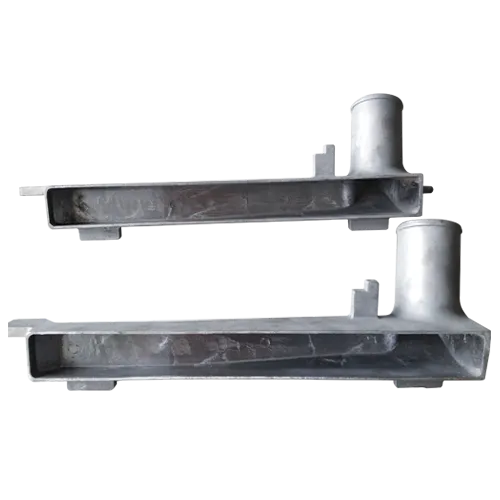Mobile:+86-311-808-126-83
Email:info@ydcastings.com
casting preparation
Casting Preparation The Key to Successful Productions
Casting preparation is a critical phase in the production process that can make or break a project. Whether it’s a film, television show, or theater production, the way cast members are selected and prepared for their roles significantly impacts the overall quality of the final product. This article delves into the intricacies of casting preparation, outlining its importance, key elements, and best practices.
The Importance of Casting Preparation
Casting preparation lays the groundwork for the entire production. A well-prepared cast not only performs better but also contributes to a positive working environment. Conversely, poor casting choices and inadequate preparation can lead to conflicts, performance issues, and ultimately, a lackluster audience reception.
Selecting the right actors is fundamental. They need to embody the characters convincingly while also being able to work cohesively with the rest of the cast. This involves carefully considering the actors’ previous work, their chemistry with other cast members, and their ability to handle the material. A thorough casting process allows directors and producers to identify not just the most talented individuals, but those who can contribute to the dynamic of the group.
Key Elements of Casting Preparation
1. Understanding the Characters Prior to casting, it is essential for directors and producers to have a deep understanding of the characters and the story being told. This includes knowing the motivations, backgrounds, and relationships of each character. A clear vision of the characters helps in identifying which actors might fit the roles best.
2. Casting Calls and Auditions Once the characters are clearly defined, casting calls can be issued. This is where actors are invited to audition for specific roles. It is critical to create a welcoming and professional atmosphere during auditions to ensure that actors feel comfortable showcasing their talents. Directors should be prepared with specific scenes or materials for actors to read, allowing them to demonstrate their understanding of the character and the nuances of the script.
3. Screen Tests and Chemistry Reads After initial auditions, the next step often involves screen tests or chemistry reads. Screen tests allow the creative team to see how actors perform on camera, while chemistry reads focus on the interactions between different actors. This process is crucial in determining how well actors may work together and can reveal dynamic partnerships or potential conflicts.
casting preparation

4. Callbacks Callbacks provide an additional opportunity to assess performers. Actors who show promise during their initial audition may be invited back to read for the role again, sometimes with different scenes or alongside other actors being considered for key roles. This phase allows casting directors to further explore the potential fit of actors within the ensemble.
5. Final Selection and Offers Once callbacks are completed, the casting team must make difficult decisions on which actors to cast. It is essential to consider not only talent but also the actors’ commitment to the project and their availability. Offers are then made, and negotiations take place. Transparency and communication during this phase can help avoid misunderstandings and ensure a smooth transition into the rehearsal process.
Best Practices in Casting Preparation
- Create a Clear Vision Directors and producers should articulate their vision for the project clearly. This includes the tone, style, and overall message they wish to convey, which will guide casting decisions.
- Encourage Diversity A diverse cast enriches storytelling and brings different perspectives to the screen or stage. Casting teams should strive to be inclusive and seek actors from various backgrounds.
- Open Communication Throughout the casting process, maintaining open lines of communication with actors and the production team is vital. This fosters a supportive atmosphere and encourages collaboration.
- Plan for Rehearsals Once a cast is selected, preparation doesn’t end. Effective rehearsal schedules should be established, allowing actors to develop their characters and build chemistry with one another as they prepare for performances.
Conclusion
In conclusion, casting preparation is an essential facet of any successful production. By focusing on a thorough, thoughtful process, creators can ensure that they select the right actors who not only bring their characters to life but also enhance the collaborative spirit of the entire project. When casting is done with intention and care, the results can be truly remarkable, resonating with audiences and creating memorable theatrical experiences.
-
Why Should You Invest in Superior Pump Castings for Your Equipment?NewsJun.09,2025
-
Unlock Performance Potential with Stainless Impellers and Aluminum End CapsNewsJun.09,2025
-
Revolutionize Your Machinery with Superior Cast Iron and Aluminum ComponentsNewsJun.09,2025
-
Revolutionize Fluid Dynamics with Premium Pump ComponentsNewsJun.09,2025
-
Optimizing Industrial Systems with Essential Valve ComponentsNewsJun.09,2025
-
Elevate Grid Efficiency with High-Precision Power CastingsNewsJun.09,2025











